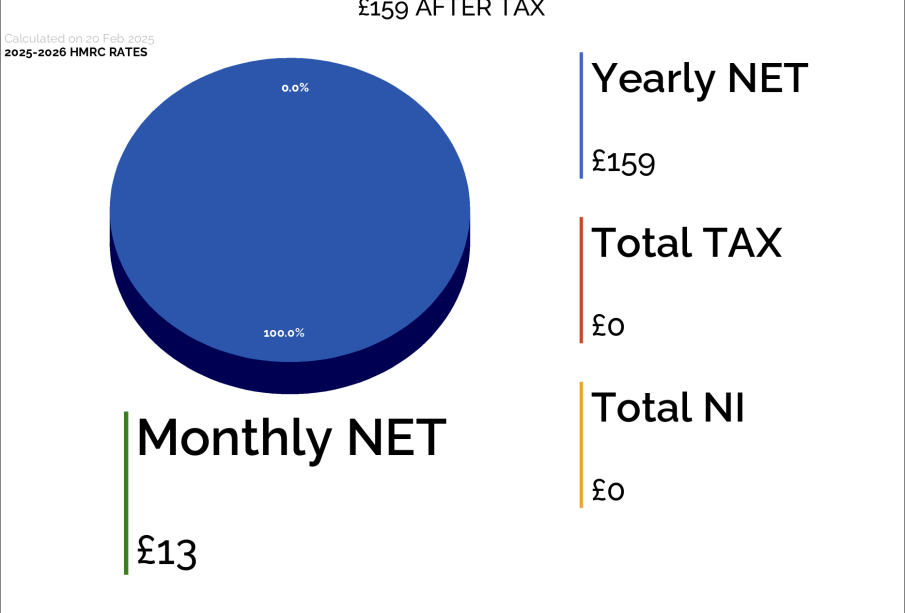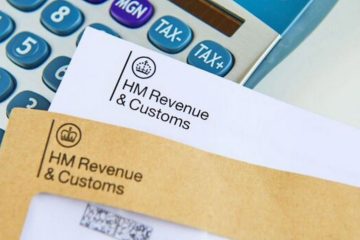Understanding HMRC: Roles, Responsibilities, and Recent Developments

Introduction
HM Revenue and Customs (HMRC) is a vital department of the UK government, tasked with the responsibility of collecting taxes, paying some forms of welfare, and administering certain regulatory regimes. Its work is essential for the functioning of the UK economy, and it significantly impacts all taxpayers, from individuals to large corporations. Understanding HMRC’s role is crucial, not just for compliance but also for anticipating changes that may affect finances and fiscal responsibilities.
The Role of HMRC
Established in 2005, HMRC emerged from the merger of the Inland Revenue and Her Majesty’s Customs and Excise. Today, it is primarily responsible for:
- Collecting taxes: This includes income tax, corporation tax, VAT, and National Insurance contributions.
- Enforcing tax compliance: HMRC conducts audits and investigations to ensure individuals and businesses meet their tax obligations.
- Providing welfare support: HMRC administers certain welfare payments, such as tax credits and Child Benefit.
- Regulating customs and trade: Especially in light of Brexit, HMRC plays a crucial role in managing imports and exports.
Current Developments
As of late 2023, HMRC is undergoing significant changes in response to economic shifts and technological advancements. The government has announced several initiatives aimed at improving efficiency and transparency. One major development is the introduction of Making Tax Digital (MTD) for Income Tax, which is set to be fully implemented by April 2024. This initiative is designed to ensure that businesses keep their tax records digitally and submit their tax returns online, aiming to improve accuracy and reduce errors.
Moreover, HMRC has been actively tackling tax evasion and fraud, with increased funding directed towards compliance and enforcement. Recent reports highlight a notable increase in revenue collection as a result of these efforts, indicating a successful crackdown on tax avoidance schemes.
Conclusion
The relevance of HMRC in the UK cannot be overstated, particularly as it adapts to contemporary challenges and changes. As taxpayers continue to navigate the complexities of the tax system, being informed about HMRC’s functions and the ongoing changes is crucial. Future developments could include further reforms to improve tax collection efficiency, especially in the wake of fluctuating economic conditions. For readers, understanding these dynamics is essential not only for compliance but also for effective personal and business financial planning.









